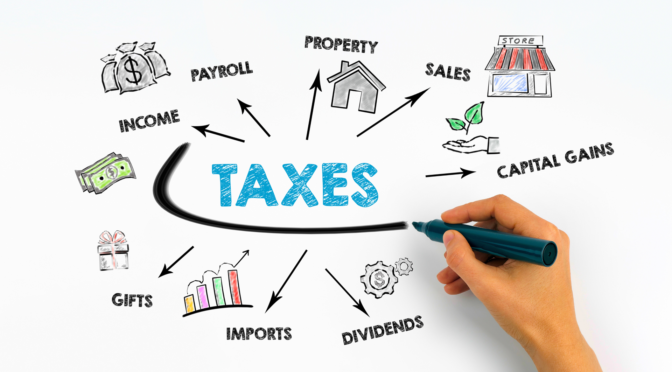Introduction:
Understanding which income to tell the taxman about can feel like finding your way through a maze. In this blog, we’ll break down the different types of income you might have and make it easier to report them correctly on your tax return.
Money from Work:
Your job is where you get your main income. This includes your regular pay, extra payments, and even tips. It’s important to report not just your salary but also other work benefits and any money going into your superannuation.
Money from Other Countries:
If you earn money from outside your home country, figuring out if you need to tell the tax office about it can be tricky. Your tax situation depends on whether you’re considered a resident, so make sure you understand the rules.
Government Money and Help:
This includes things like pensions and other payments from the government. Some of this money might be tax-free, while other parts might be taxable. Knowing what to report and when is crucial.
Money from Investments:
If you make money from things like savings, stocks, or renting out property, it’s considered investment income. You need to tell the tax office about things like interest, profits from selling, and rent.
Retirement Money:
If you’re getting money because you’re retired, like a pension or annuity, you’ll need to report this on your tax return. It’s important to follow the rules about this kind of income.
Money from Business or Partnerships:
If you run a business or are part of a partnership, you have to report the money you make from these activities. This is a bit different from regular employment income.
Compensation and Insurance Money:
If you get money because of an accident or through insurance, you might need to report it. It’s essential to know when and how to do this to stay on the right side of tax laws.
Scholarships and Awards:
If you’re a student or receive prizes and awards, you’ll need to know if this money affects your taxes. Understanding what needs to be reported is crucial.
Money for Young People:
If you’re under 18, there are special rules for the money you earn. This might mean you pay a different tax rate.
Types of Income:
There are different categories of income, like taxable, assessable, exempt, and non-assessable non-exempt. Knowing what each means helps you figure out what to report and what you can leave out.
Money You Don’t Include:
Not all the money you get is taxable. Some amounts don’t need to be reported, and knowing which ones can make your tax reporting simpler.
Crowdfunding and Sharing Economy:
If you’re raising money online or making money by sharing services, you need to know the tax implications. It’s about understanding how these new ways of making money fit into the tax system.
Conclusion:
Reporting income for taxes doesn’t have to be confusing. By knowing what kind of income you have and understanding the rules, you can make tax season a breeze and be sure you’re following the law.






